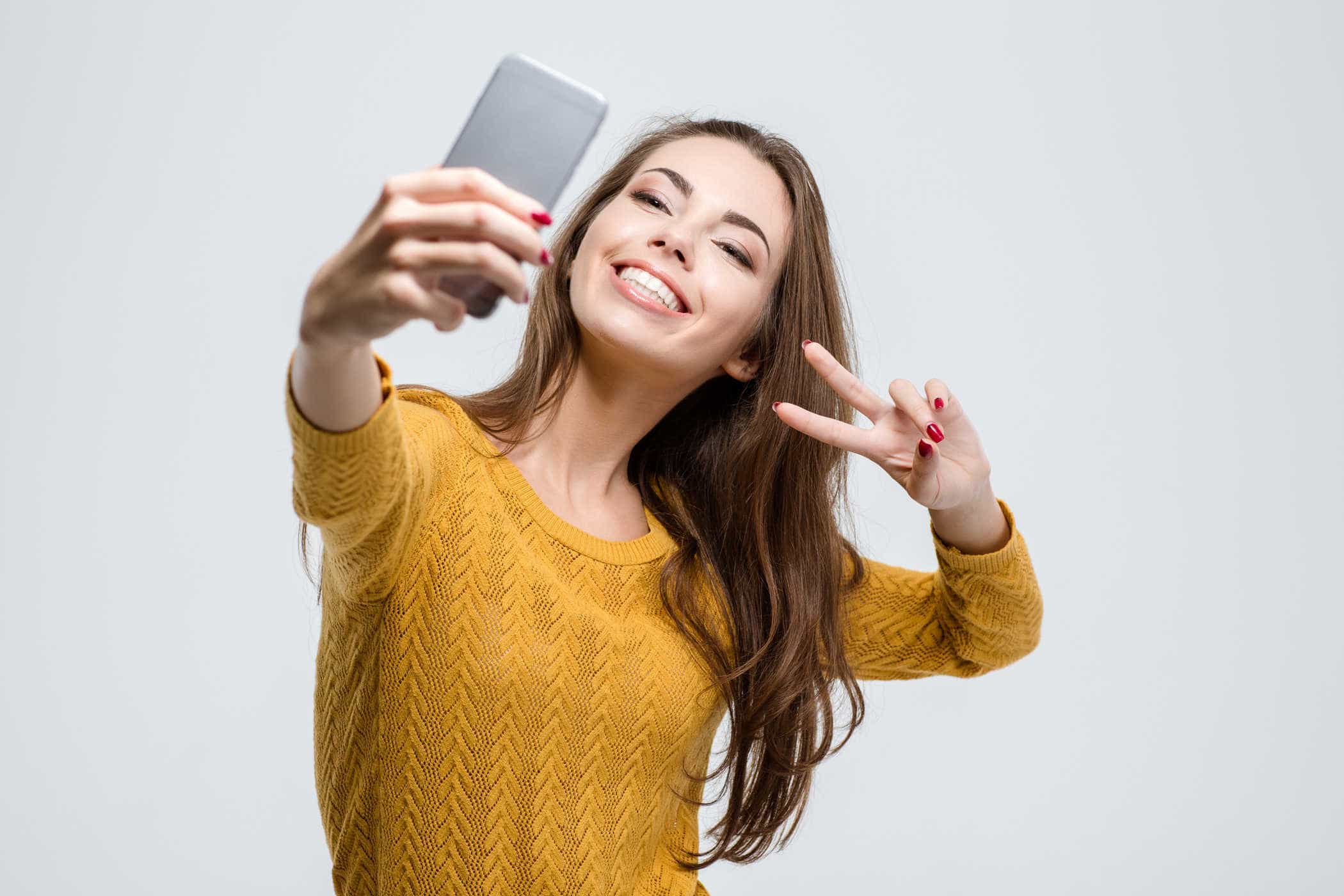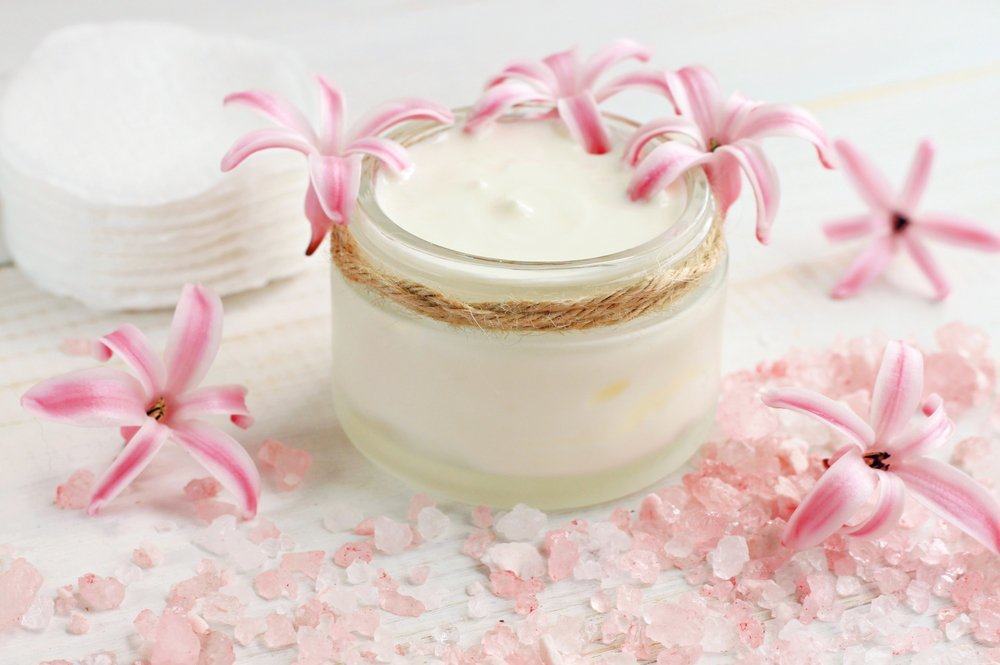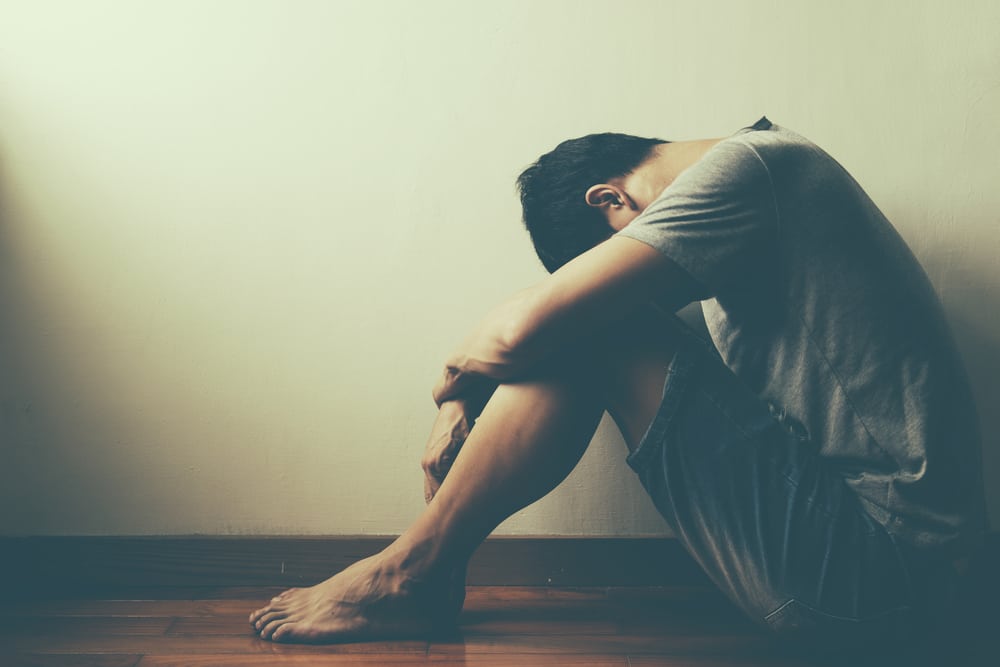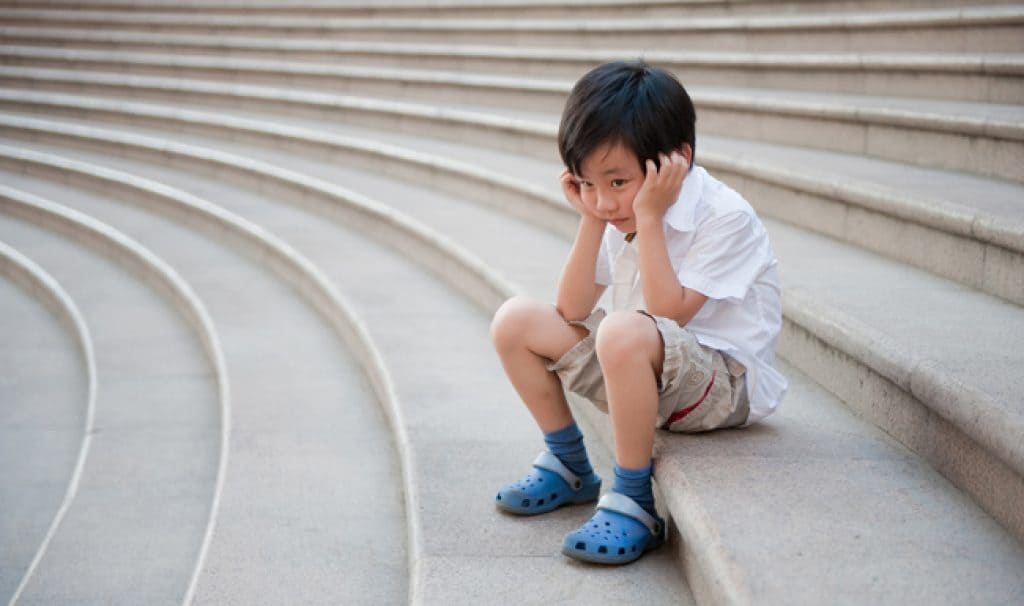Contents:
Medical Video: Is Your Food Aging You Prematurely?? Anti-Aging Diet Tips ♥ Wengie
It seems that you selfie lovers now have to start being careful. The reason, a British beauty blogger, Mehreen Baig, claimed that her self-interest hobby resulted in a disappointing effect on the health of her skin. How come?
Baig work requires that he take selfie photos up to 50 times a day. That is, in just one week Baig could produce around 350 photos of him to upload to various social media accounts belonging to him. The amount (maybe) is unusual.
Baig claims that the blue rays emitted from the cellphone's screen cause wrinkles to appear on his face, the pores getting bigger, and the black circles appear under the eyes.
To ascertain his suspicion, For consulting a local dermatologist, Simon Zokaie.
Zokaie explained that the three main factors of aging skin are pollution, solar UV radiation, and HEV light. These three things cause our skin to heat up and become inflamed, resulting in excessive production of free radicals. As we know, free radicals are the main factor causing skin damage.
Furthermore, after carrying out a series of tests on the skin of the Split, Zokaie supported the claim and stated that damage to the facial skin suffered grammer this is caused by direct exposure to HEV rays from the screen of the smartphone and laptop.
What is HEV light?
HEV (High Energy Visible Light) is the radiation produced by your TV screen, computer, and mobile phone. This blue beam is stated by various researchers to have the same danger as solar UV radiation. The exact effects cannot be explained yet, but they believe that HEV can absorb into the skin deeper than UV light and cause damage under the skin layer.
However, there are still many who doubt the credibility of Zokaie and Baig's discovery.
One of them is Julia Tzu, founder and medical director of Wall Street Dermatology. He stated that there was no adequate research and medical evidence around the topic of visible light and infrared radiation which resulted in the formation of reactive oxygen. This is not limited to just a selfie camera, he said. According to Tzu, "The most important factor to be aware of in skin aging is that solar radiation actually plays a role in the conclusions of the study (Zakoie)."
Tzu further revealed that if the data used from the study were correct, it would make sense to assume sunlight (which is far more intense) would be more worrying than the light emitted by mobile phones and computers. The early aging complained by selfie lovers, he continued, could easily be attributed to the accumulation of direct exposure to sunlight because there is no concrete evidence from claims that mobile screens are the only cause of these skin problems.
Sandra Lee, a dermatologist from Drpimplepopper.com, supports Tzu's opinion. He argues that Blaig's claims must be reviewed contextually. "UVA and UVB radiation causes premature aging and black spots on the skin, also increases the risk of skin cancer," Lee said. He further stated, even though your gadget screen releases HEV radiation, there is no concrete evidence of which factors cause the skin problem, whether it is contributed by UV radiation only, from HEV emission, or even a combination of both.
That is, solar radiation is indeed far more destructive than a cellphone. All damage reported due to the screen of the gadget so far is still a guess and has not been supported by official scientific data.
Even so, there is one common thread that is approved by many skin beauty experts. If you want to take precautionary measures against all kinds of radiation, use a broad spectrum sunscreen every time you go outdoors. Dermatologists also recommend that you use facial antioxidant serum products that contain vitamins C and A every night which will act as an extra protective layer from the skin.
READ ALSO:
- Want to know the secret of Kendall Jenner to get rid of zits as fast as lightning?
- He said, often changing shampoo makes your hair damaged!
- Sunblock and suncreen at a glance are similar, but it turns out ...












